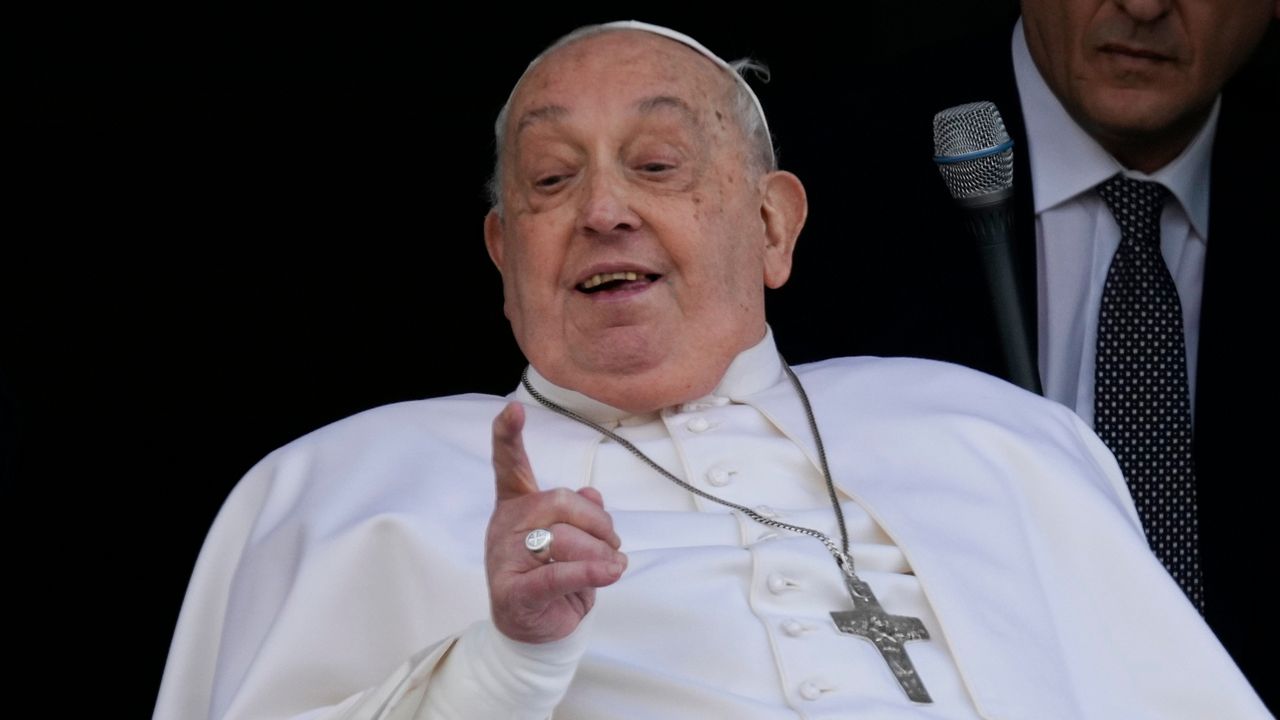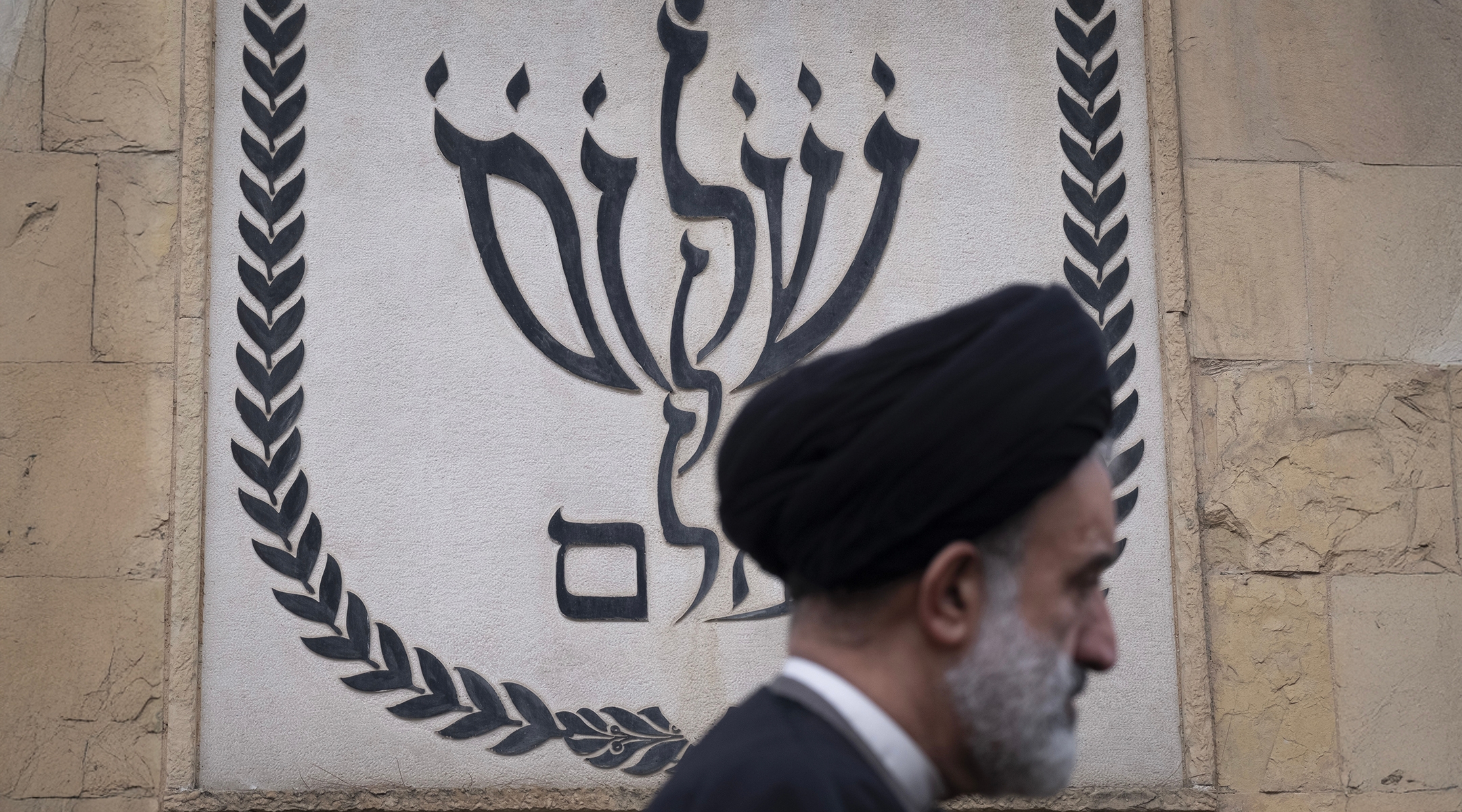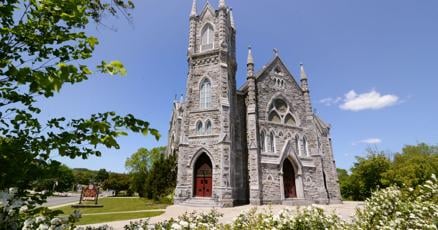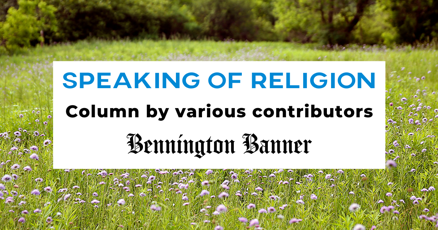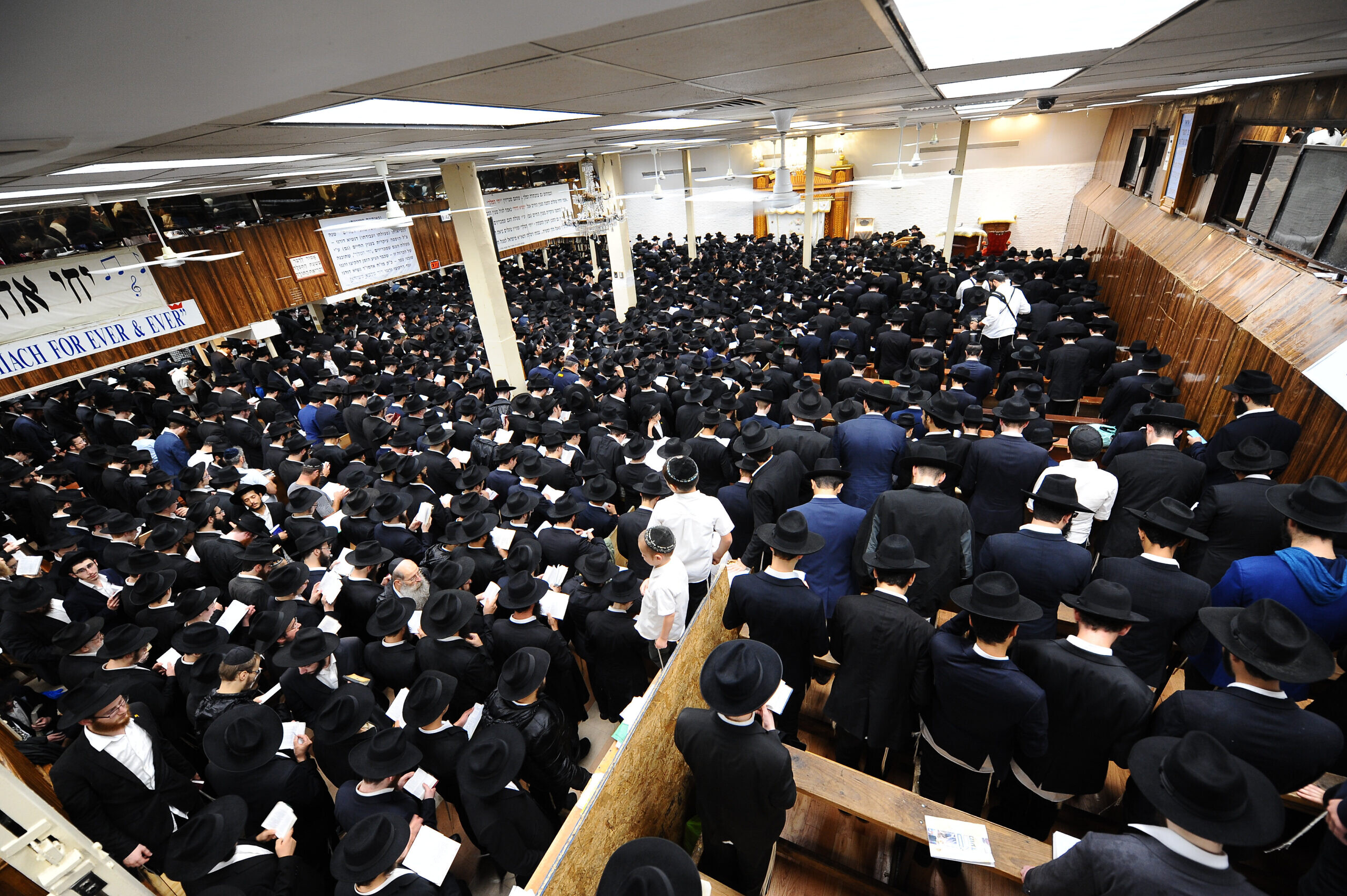Faith, Education, and Law Collide: Supreme Court Poised to Decide Landmark Charter School Case
Religion
2025-04-29 19:18:00Content
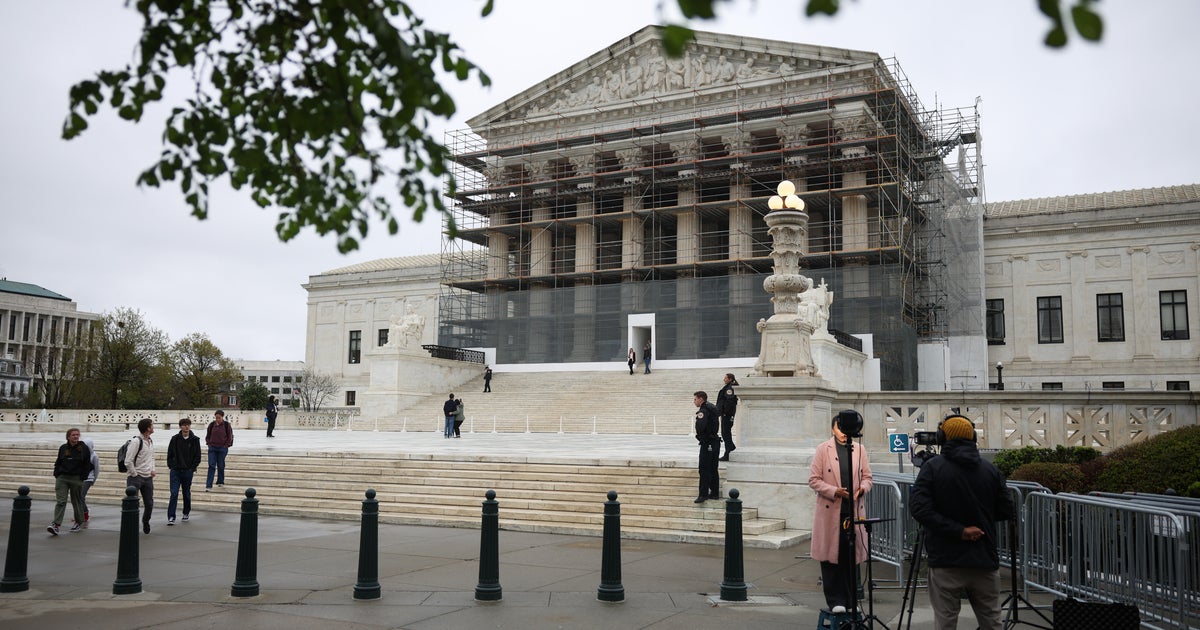
In a groundbreaking potential decision, the Supreme Court appears poised to pave the way for Oklahoma's first-ever religious charter school, St. Isidore of Seville Catholic Virtual School. This landmark ruling could dramatically reshape the landscape of public education and religious freedom in the United States.
The proposed virtual school represents a significant challenge to traditional boundaries between church and state, potentially allowing religious institutions to directly access public education funding. If approved, St. Isidore would become a pioneering institution, blending religious education with the charter school model.
Legal experts and education advocates are closely watching this case, recognizing its potential to set a precedent that could transform educational options for families seeking faith-based learning environments. The Supreme Court's decision could mark a pivotal moment in the ongoing dialogue about religious expression in public institutions.
Supporters argue that the school would provide high-quality educational opportunities with a religious foundation, while critics express concerns about maintaining the constitutional separation of church and state. The outcome of this case could have far-reaching implications for educational policy and religious freedom across the nation.
Landmark Supreme Court Decision: Religious Charter Schools Poised to Reshape Educational Landscape
In an unprecedented judicial development, the United States Supreme Court stands on the brink of potentially transforming the educational ecosystem by considering a groundbreaking case that could establish the nation's first religiously-affiliated virtual charter school, challenging long-standing constitutional boundaries between church and state educational institutions.Breaking Barriers: A Judicial Watershed Moment in Educational Policy
The Legal Precedent of St. Isidore of Seville Catholic Virtual School
The Supreme Court's potential ruling regarding St. Isidore of Seville Catholic Virtual School represents a monumental shift in educational governance and constitutional interpretation. This case transcends traditional educational boundaries, presenting a complex legal landscape where religious institutions seek integration within publicly funded educational frameworks. Legal scholars and constitutional experts are closely examining the potential ramifications, recognizing that this decision could fundamentally alter the relationship between religious organizations and state-sponsored educational systems. The proposed virtual school challenges existing legal doctrines by seeking public funding while maintaining explicit religious affiliation. Constitutional experts argue that this represents a nuanced interpretation of the Establishment Clause, potentially redefining the parameters of religious expression within publicly supported educational environments. The implications extend far beyond a single institution, potentially creating a precedent that could reshape educational access and religious freedom interpretations.Constitutional Complexities and Educational Innovation
The Supreme Court's consideration of St. Isidore's case illuminates the intricate balance between religious liberty and educational policy. Virtual charter schools have emerged as a transformative educational model, offering unprecedented flexibility and accessibility. By potentially allowing religious institutions to operate within this framework, the court could unlock new dimensions of educational delivery and institutional diversity. Proponents argue that such an approach would enhance educational choice, particularly for communities traditionally underserved by conventional schooling models. The virtual format provides unique opportunities for personalized learning experiences, potentially mitigating geographical and socioeconomic barriers that have historically limited educational access. This approach represents a sophisticated reimagining of educational infrastructure, leveraging technological capabilities to create more inclusive and adaptable learning environments.Broader Societal and Legal Implications
The potential Supreme Court ruling extends beyond educational policy, touching fundamental questions of religious freedom, institutional autonomy, and state-sponsored services. Legal precedents established through this case could have far-reaching consequences across multiple sectors, potentially recalibrating the delicate balance between religious expression and governmental neutrality. Educational policy experts suggest that this decision might trigger a cascade of innovative approaches to school governance, challenging traditional boundaries between public, private, and religious educational institutions. The virtual charter school model represents a technological and philosophical frontier, where traditional institutional constraints are being systematically reevaluated and reconstructed.Technological and Pedagogical Frontiers
St. Isidore's virtual charter school concept embodies a profound technological and pedagogical evolution. By integrating religious curriculum within a technologically advanced learning platform, the proposed institution represents a sophisticated fusion of traditional educational values and contemporary digital infrastructure. This approach suggests a nuanced understanding of modern educational needs, recognizing that learning transcends physical boundaries and traditional institutional frameworks. The potential Supreme Court decision could catalyze a broader conversation about educational innovation, technological integration, and institutional adaptability. It challenges stakeholders to reimagine educational delivery as a dynamic, flexible ecosystem responsive to diverse community needs and technological possibilities.RELATED NEWS
Religion
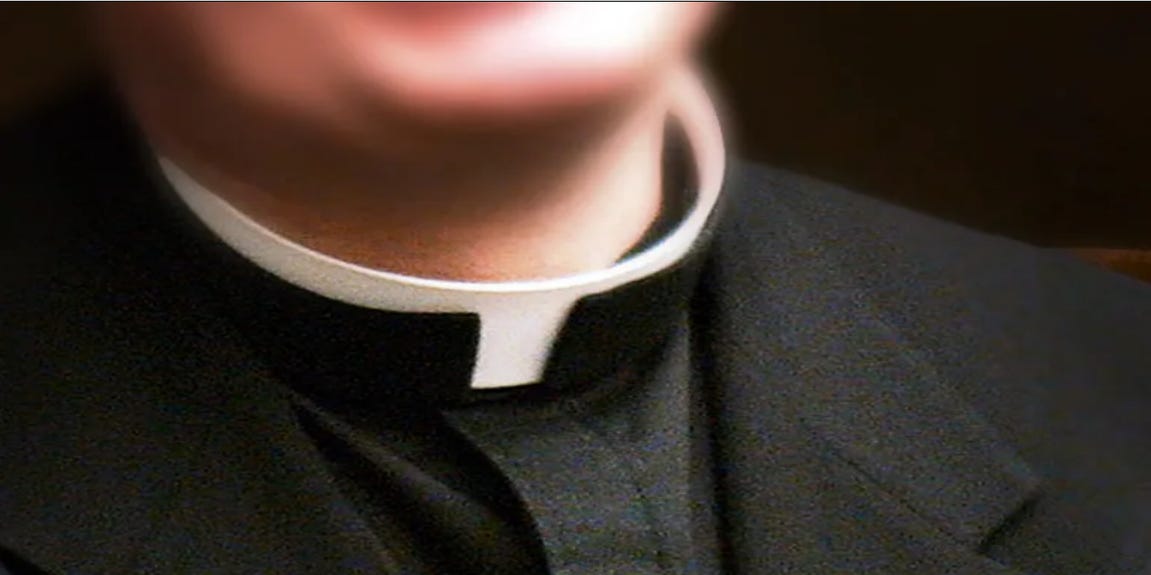
Faith in the Classroom: Iowa Lawmakers Propose Chaplain Staffing for Schools
2025-02-26 12:13:34
Religion
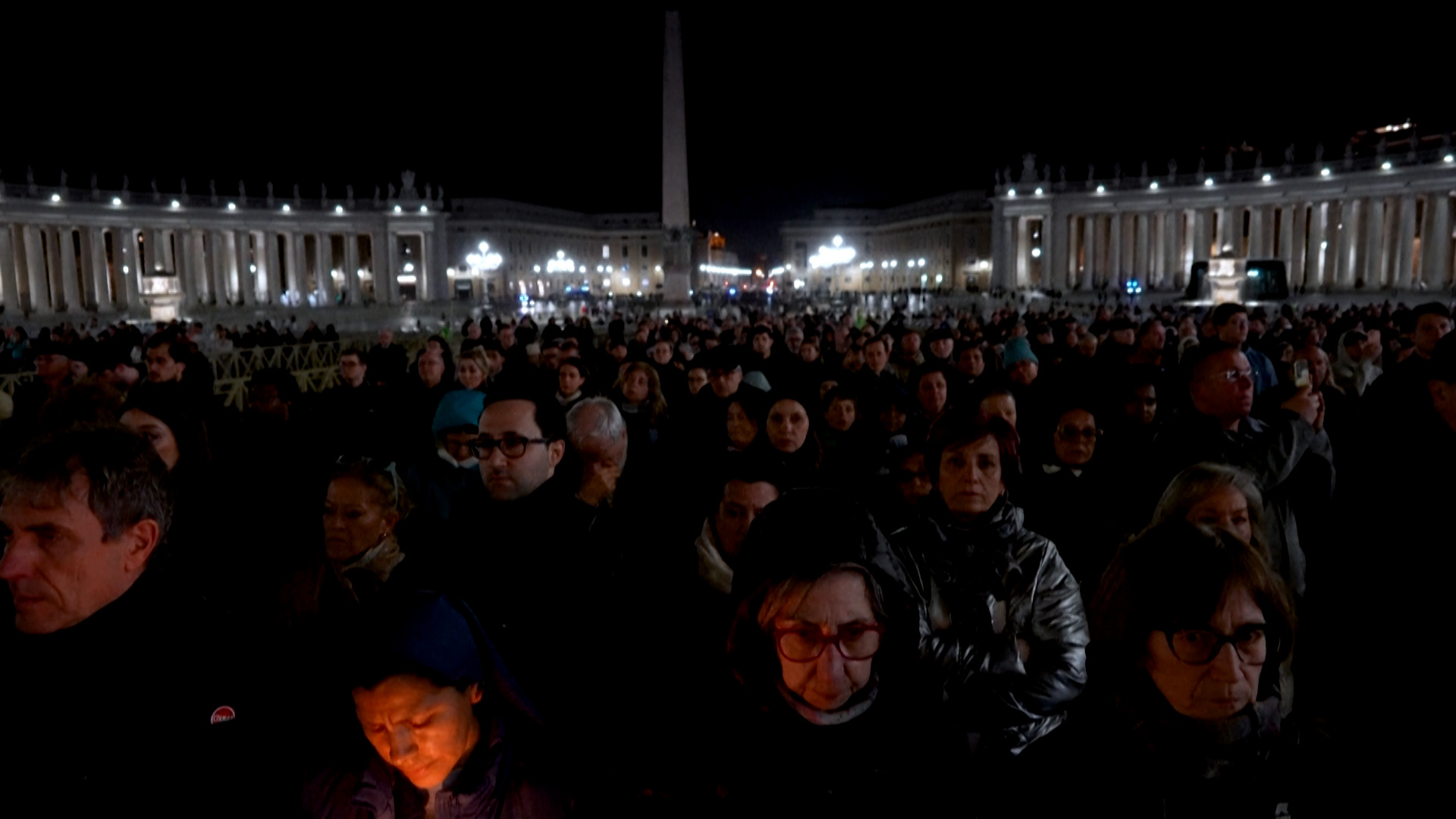
Breaking: Vatican Holds Vigil as Pope Francis Battles Respiratory Crisis
2025-03-04 09:42:42
Religion

Sisters of Resilience: How Nuns Are Illuminating Ukraine's Darkest War Zones
2025-02-24 16:25:54
